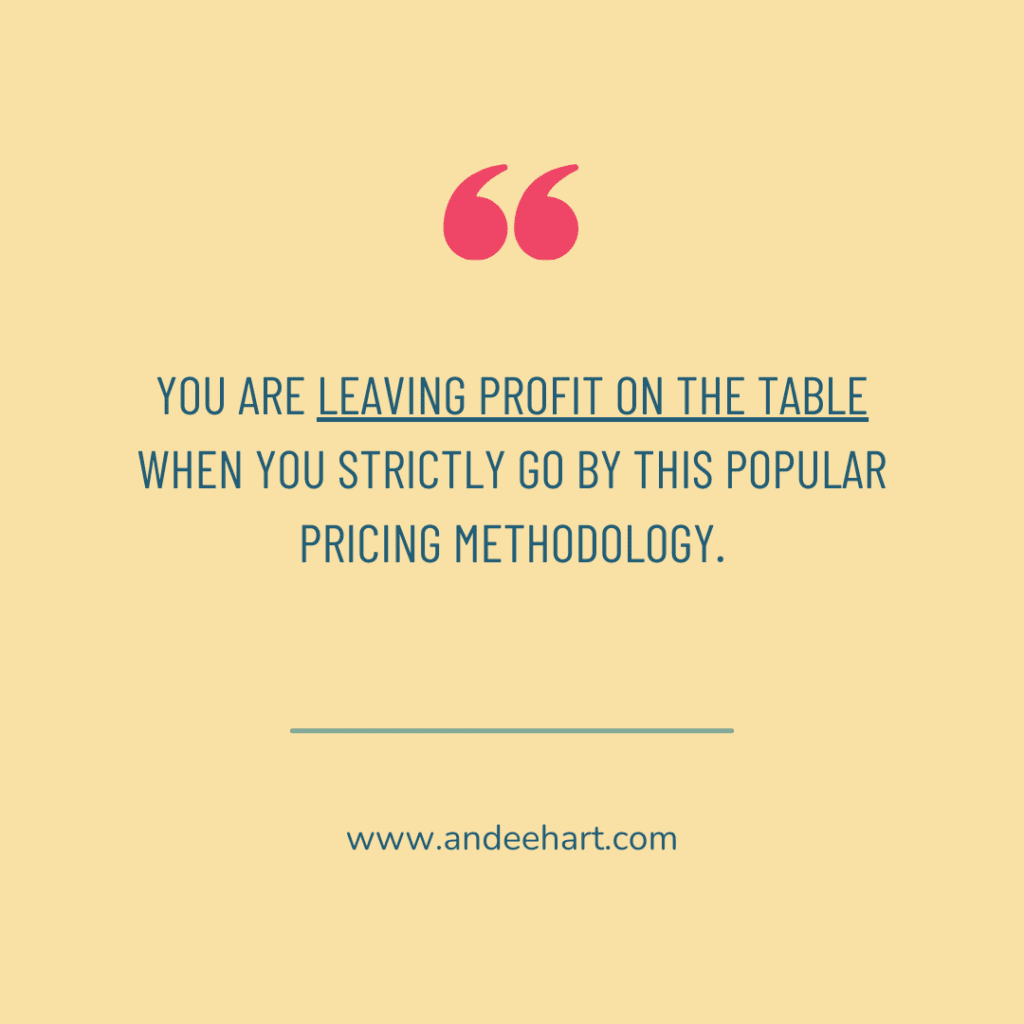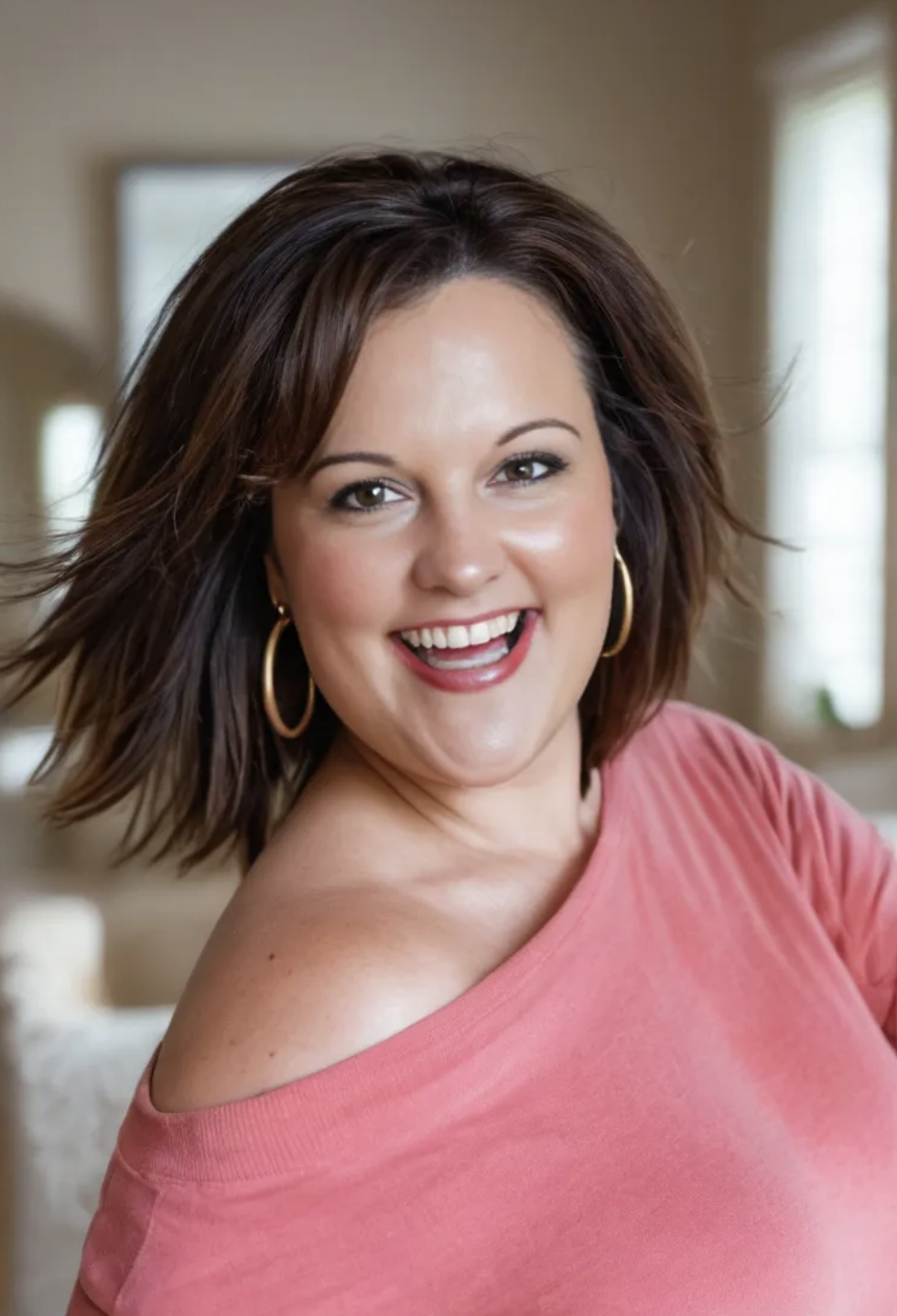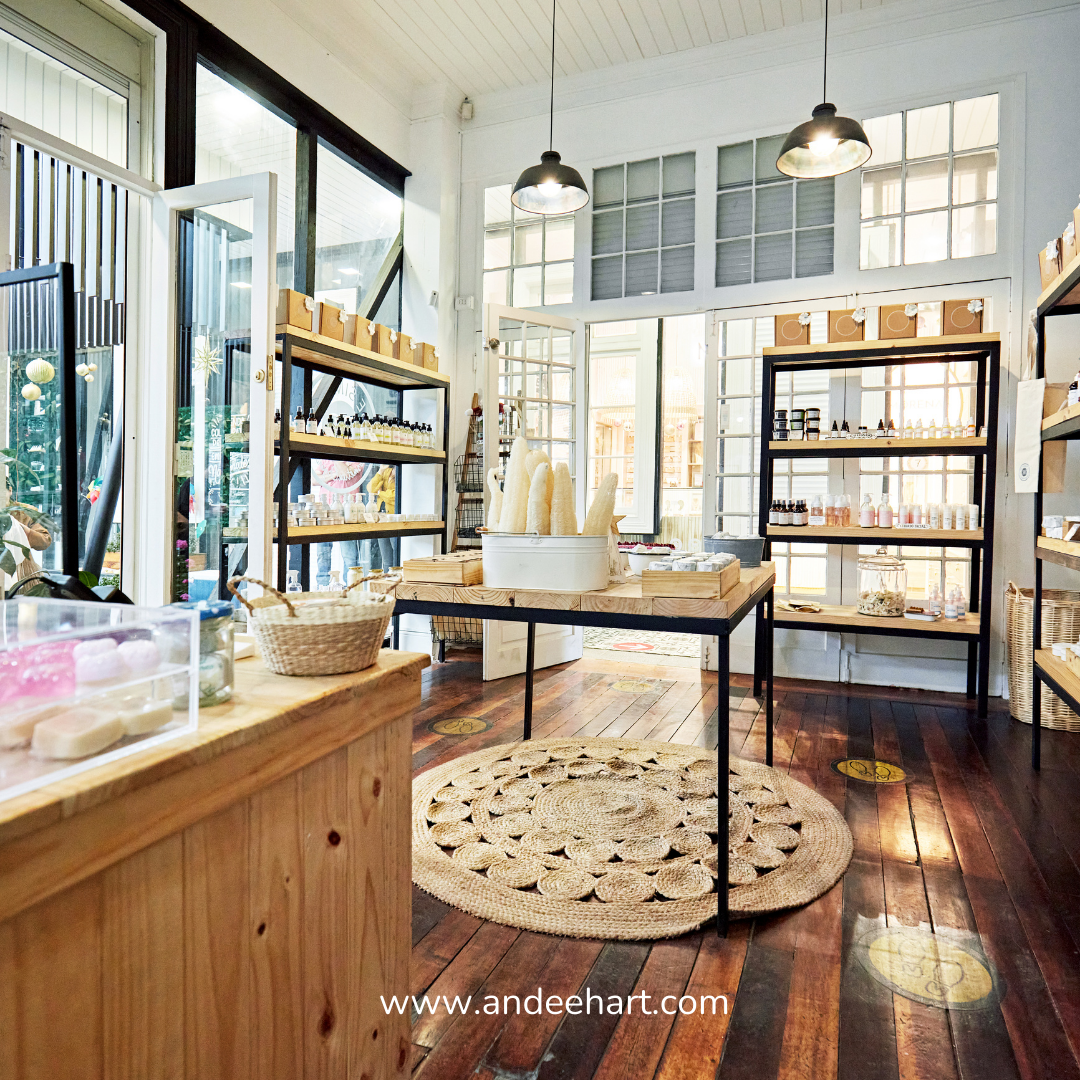Are you confused on how to wholesale your products?
Gaining shelf space in stores through wholesaling can be a game-changer for product-based businesses.
I’ve compiled a list of the top 10 questions I see asked about wholesaling your products and I’m answering them all for you, so that you can confidently expand your business into the retail market.
What is wholesaling?
When you wholesale your products, it involves selling your products in bulk at a discounted price to retailers who, in turn, sell them to the final consumers at a markup.
This distribution method provides immediate bulk sales and helps manage inventory efficiently by transferring a significant amount directly to retailers.
What’s the difference between wholesale and consignment?
A common source of confusion among new product-based businesses is the distinction between wholesaling and consignment.
- Wholesaling – This involves selling products in bulk to retailers upfront at a discounted price, giving you immediate payment and better control over cash flow and production planning. The retailer then sells your products at a markup, keeping the profit from these sales.
- Consignment – You provide products to retailers, and they pay you only when the products are sold. Selling your products on consignment can help increase your exposure but the con to this is delayed payment and the risk that inventory may not sell. Consignment often involves a booth rental fee paid by you, the product maker, and they keep a percentage of the profit once the inventory sells.
What is the minimum order quantity for wholesalers?
MOQ, or minimum order quantity, is the smallest number of units a retailer must purchase in a single order from you.
For example, a candle maker might set a MOQ of 3 units per cent and an opening order of $150.
This ensures that production costs are covered and that the product maker or the wholesaler benefits from selling in bulk.
It also encourages retailers to buy enough stock to display effectively in their stores, boosting the chance of sales.
Do I charge tax on wholesale products?
Retailers who are purchasing your products for resale are usually exempt from sales tax.
They will have a resale certificate and sales tax ID number, and they are not charged sales tax when purchasing wholesale products.
How to calculate the wholesale price of a product?

A common approach to calculate wholesale prices it to double the cost of goods (COGS).
That looks like you take your cost of goods and multiply it by 2. So, if it costs you $5 to make a candle, you multiply that by 2, and your wholesale price should be $10. And then you multiply that by 2 and that should be your suggested retail price which would be $20.
Basically, you are multiplying by 2 at every level to get your price.
I could not disagree with this pricing methodology more.
You are leaving money on the table when you strictly go by that pricing calculation.
I highly recommend knowing your production cost and then doing market research of what similar size and style products are selling for on the retail market.
And then you can work from a bottom-up and a top-down method when it comes to pricing. This means pricing from a production cost and market research perspective.
For example, if I have a 4oz candle that cost $2 in production cost, and then based on market research, I know that I can sell these for $15, I know that my wholesale cost will be $7.50.
Now I have a profit of $5.50 but had I listened to common advice around pricing my products my profit would only have been $2.
How does wholesale agreement work when you wholesale your products?
Do you need a wholesale agreement in place?
Yes. A wholesale agreement outlines the terms and conditions between the wholesaler and the retailer.
You as the product maker set the terms and conditions in place for your retailer and this is the framework to ensure both parties understand their responsibilities and minimizes potential conflicts and misunderstandings.
Key components to include in your wholesale agreement
- Payment terms
- MOQ
- Pricing and discounts
- Shipping and delivery
- Returns and damages
- Exclusivity if applicable
Do you need a wholesale catalog or line sheet to wholesale your products?
It’s not a requirement but it is helpful for organic sales outreach, and I teach this in my She Sells Wholesale course, and I provide templates for your wholesale catalog.
A wholesale catalog serves as a comprehensive marketing and informational tool that showcases your products to potential retail partners in a professional and organized manner.
It has your essential information in one place and helps provide an easy ordering process for your retailers along with a clear understanding of your product portfolio and pricing.
How to accept payment for a wholesale order?
- QuickBooks – Send them an invoice and they have an option that allows you to remove sales tax for wholesale orders.
- Faire – If you are selling on their marketplace but be sure to always provide your Faire direct link so you can avoid their commissions and fees.
- Your website – I personally use and recommend Wholesale Hub, which is a Shopify app. This allows my retailers to create their own account and submit orders directly on my website at wholesale pricing and it integrates with QuickBooks.
How do I ship wholesale products?
If you do not have a Shopify site set up to ship through, I recommend Pirate ship.
I have used Pirate ship for years and they are easy to use and always provide the lowest cost option for shipping your orders.
How do I prepare for a meeting with a retailer?
It’s important to remember that just as much as they are trying to see if your brand and your products are a right fit for their store, you are also trying to see if their store is a right fit for your brand and your products.
So, always be prepared with your wholesale catalog or even just a simple price list if you don’t have a wholesale catalog. I will always have samples of some of my best sellers as well.
Retailers will want you to guide them on what products in your product portfolio are selling well, and make recommendations based on your insider knowledge.
So, the best way to do that is to ask questions about their store and their brand, and then answer their questions.
But also, don’t be afraid to tell them you will get back to them if you’re not sure. It’s better to think through an answer rather than promise something and then have to deliver.
So, absolutely come ready to make recommendations about your products. But don’t be afraid to tell them that you’ll get back to them if you don’t know the answer to a question.
That being said, if the meeting goes well, do make sure that you come ready to ask for the order.
Where can you find retailers to wholesale your products?
I love this question because the options are really endless. I love showing people how to get creative and scrappy when it comes to finding new retailers for their product-based business.
First and foremost, when you are out and about in your local town, make sure that you take notice of where your products would be a good fit.
Stores love local products. So, don’t be afraid to take them some of your best sellers to sample and introduce yourself and your brand.
All it takes is 10 seconds of courage.
So, make sure that you’re taking notice of some of your favorite stores out and about in your local town.
And don’t miss out on this 4-part series. Today, is the first of four blog posts where we will dive deep into the world of wholesaling your products. Week 2 will be my 5 tips for curating a product collection for wholesaling. Week 3 will be how to optimize your Faire wholesale site. And week 4 will be how to understand if your product-based business is ready for wholesaling.
Resources:
She Sells Wholesale Course – Get your products on the shelves of retailers everywhere
DM on Instagram with any questions
👉🏼 Check out my Faire Visibility Playbook course here.
👉🏼 Want to get my eyes on your Faire site? Book a 1:1 Site Audit here.
👉🏼 Ready to learn how to automate your backend wholesale workflow? Checkout Wholesale Growth Engine
Connect with Andee Hart @ She Sells Differently
🎥 Youtube
✅Sign up for weekly reminders so you never miss an update on how to increase your sales and optimize your marketing operations without losing the personal client touch.
You can grab free resources here: https://andeehart.com/resources
✅Subscribe to the She Sells Differently Podcast, where I deliver new episodes every Wednesday.

